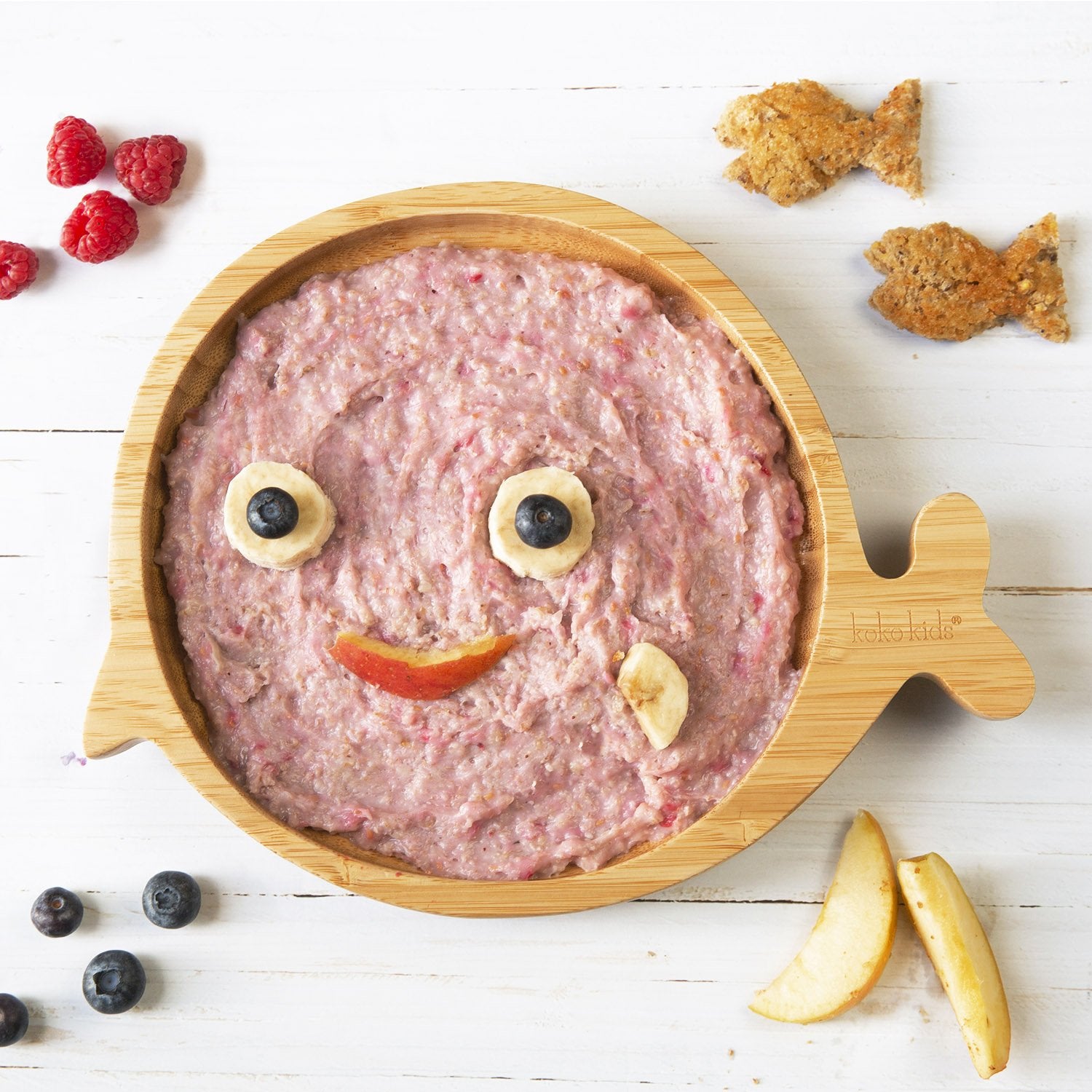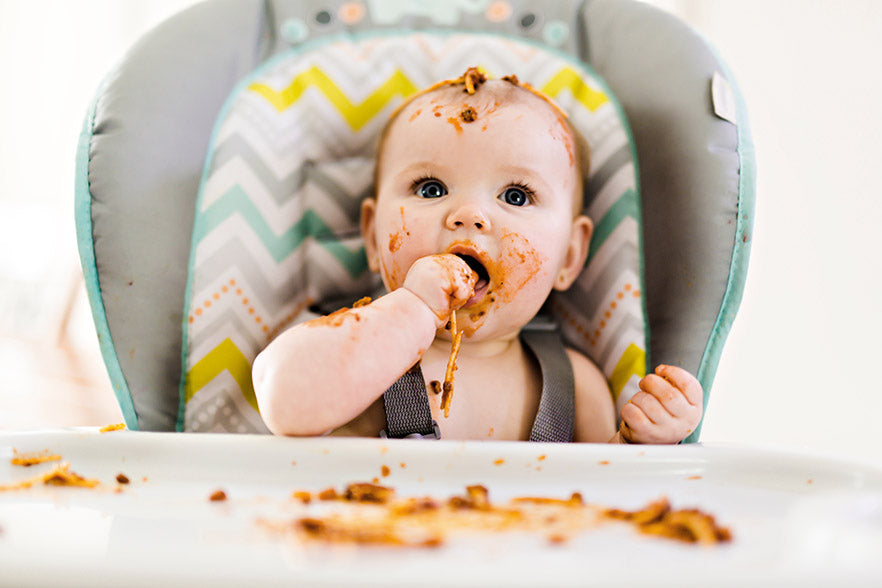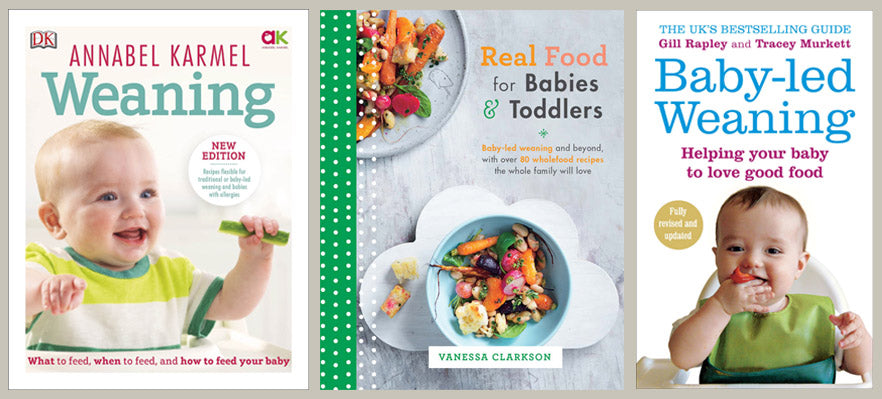Your Cart is Empty
Add description, images, menus and links to your mega menu
A column with no settings can be used as a spacer
Link to your collections, sales and even external links
Add up to five columns
Add description, images, menus and links to your mega menu
A column with no settings can be used as a spacer
Link to your collections, sales and even external links
Add up to five columns

3 min read
More and more mums these days are choosing baby-led weaning over more traditional spoon-feeding, and you may be considering if it is the right option for you and your baby.
As with so many choices that parents have to make, there is no definitive right way or wrong way, just your way. What suits you and your baby. And as always you should rely on your common sense, intuition and of course, do some research.
The phrase was coined by Gill Rapley, Author of Baby-led Weaning: The Essential Guide. Essentially, baby-led weaning is following your baby’s lead at mealtimes and allowing her to feed herself from day one of weaning rather than preparing pureed food for spoon-feeding.
Experts will say that your baby is ready to wean around 6 months and you’ll also pick up on some signals from your little one when the time is right. If you think your baby ready earlier check with your health visitor.
You know your baby is ready to start weaning when:
With most child-rearing choices there will be some pros and cons, and it’s worth taking these into consideration before you start with any new routine.

This last one is a real fear for some parents and of course, you should always follow safety guidelines and never leave your baby eating unattended. That said, it’s also advisable to make sure you knowwhat to do if your child does start choking, if only for your own peace of mind.
You should offer a range of small, finger-sized foods. Start with well-steamed veg and soft fruit such as cooked sweet potato, banana, mango, cucumber, carrots and unsalted breadsticks.
And it’s advisable to present just a few bits at a time so that your little one doesn’t get overwhelmed by choice.
As with a spoon-fed diet, you should avoid giving your weaning baby salt and sugar, whole nuts, as they present a choking hazard, and no honey in the first year.
Be aware of potential allergens and introduce them one-by-one to your baby’s diet so that you can identify any adverse reactions. The most common are cow’s milk, eggs, wheat and gluten, nuts, seeds, fish and shellfish.

And finally...
The truth is that you don’t actually have to commit to one style of weaning or another. Some parents prefer to mix both methods to suit their children and family lifestyle. If that’s you, check out the recipes of some trusted experts.

The important thing is to make a choice that you feel comfortable with, and as long as your baby is getting good variety and all the nutrients she needs, you can relax and enjoy this exciting stage in your baby’s development.
Why fabric wall stickers? Most stickers are made from vinyl, a highly toxic plastic ... READ MORE
Sign up to get the latest on sales, new releases and more …